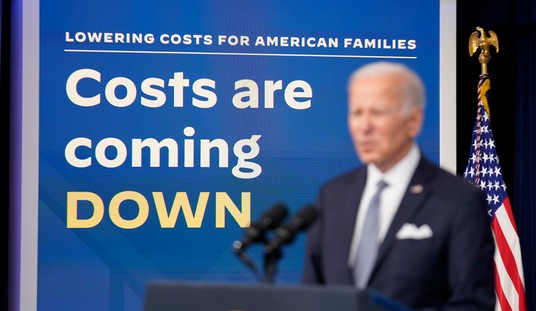Coming on the heels of the Supreme Court’s decision in Heller, a great deal of dialogue has happened both on and off line about the nature of rights in America, and the powers of government. In the last 221 years, people have forgotten that the relationship of government and citizenry is one of servant and master—that government only has the powers that we as a people have ceded to it. And as the founders thought it important to state the “common sense” nature of the vision they had for an American government, it is important today to restate some of that common sense. Especially today (and this weekend).
Governments derive their “just” powers from the consent of the governed. Powers—not rights. Governments do not have rights, people do, and when people cede some measure of their rights to government (for whatever reason), they are granting limited powers to the government. We, as a people, stated plainly in the Declaration of Independence that we created this government to preserve our rights (and that, in fact, that is the highest and best purpose of any government: to protect and preserve those individual rights).
Yet we routinely hear people talking and writing about the “rights” of government to engage in all sorts of activities. We have had more than seventy-odd years of so-called “progressive” jurists and legislators expanding the power of government at the expense of a myriad of individual rights—rights to expression, rights to self-defense, rights to hold and enjoy private property. These expansions were all done in the realm of some nebulous public good, and yet they have left we, as a people, damaged. The facts surrounding Heller were but one example.
The anniversary of the Supreme Court’s Kelo v. New London decision recently passed, and that case gives us a prime example of such damage. In Kelo, the high court built on long-established precedents that watered down the protections laid out by the founding fathers in the Constitution’s 5th Amendment. We gave the government the power to take private property, provided that three things happened:
Recommended
1) That such a taking be for a legitimate public use;
2) That due process was accorded to the property owner; and
3) That “just compensation” was paid to the property owner for the land taken.
Common sense tells us what a “legitimate” public use is—land for public buildings or facilities, roads, even for recreational lands. And yet over the course of 217 years, the definition of “public use” has been transformed into this (again nebulous) idea of “public benefit”. In Kelo it was affirmed that an increase in tax coffers translates into a legitimate public use.
The problem with Kelo isn’t just that it was a mere affirmation of well-established law (as if it weren’t bad enough that the High Court hadn’t had even the moderate courage they showed in Heller to overturn this precedent). It’s that such an affirmation allows for other courts to build on such cases. The so-called “slippery slope” has no greater ally than a cowardly judiciary—and in this particular instance, the Kelo decision has not only allowed for greater wealth-transfers through private-to-private eminent domain, it has also allowed other government entities to get creative in their wealth transfers.
Kelo opens the door for Illinois to engage in a fairly straightforward confiscatory scheme—taking monies away from the state’s best-performing casinos and giving them directly over to their worst-performing horse racing tracks. That nebulous “public good” argument was directly cited by the state’s supreme court in upholding the legislature’s decision to reward under-performing market actors for their inability to compete, and this despite the fact that the benefit was really only to the narrowest cross-section of the Illinois public.
As we move into the July 4th holiday, one has to wonder about the justness of such actions, and whether or not the faceless bureaucrats who first imagined such activities truly understand the wellspring of the power they wield. Power flows from the people to the government, not the other way ‘round. We must, as a people, have the wherewithal to take that power back when it is so abused. The 4th of July stands as an annual clarion call for such action, and it is a call that we, as a people, have an imperative to heed.

























Join the conversation as a VIP Member